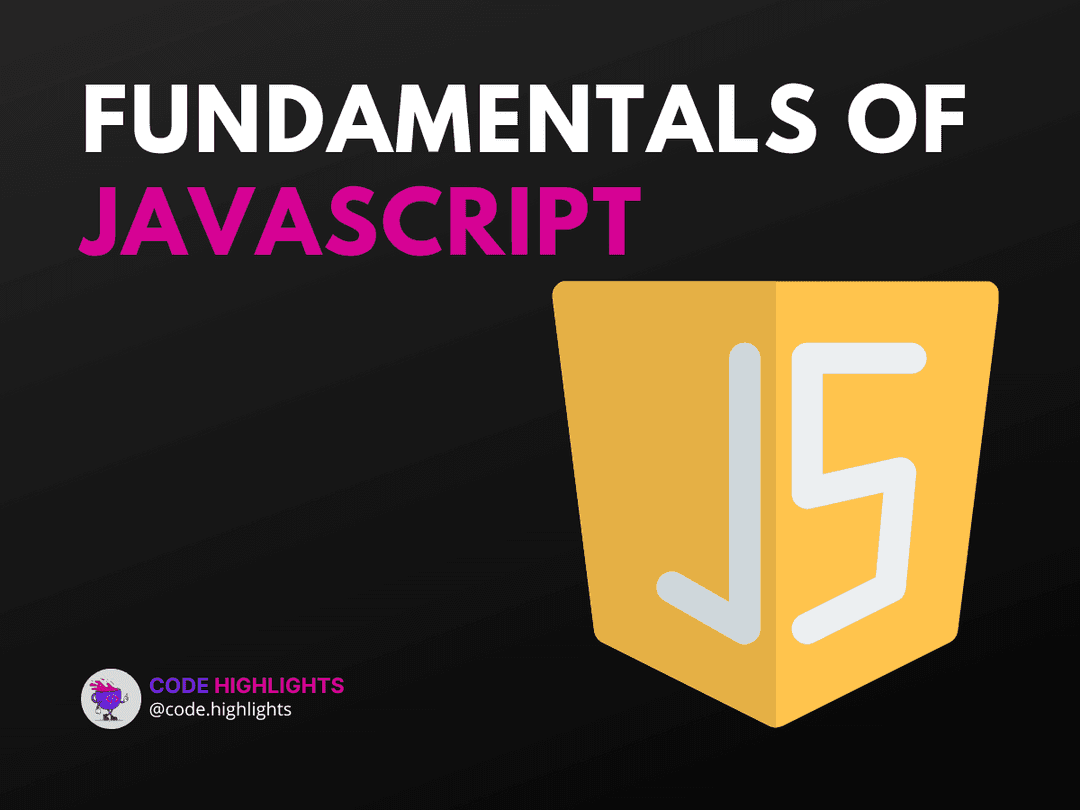JavaScript vs TypeScript: Which is Better for Your Project?

- JavaScript vs TypeScript example
- JavaScript example
- TypeScript example
- Is TypeScript Better Than JavaScript?
- Is TypeScript an OOP?
- JavaScript: The Dynamic Powerhouse
- TypeScript: The Scalable Enforcer
- Making the Decision
- Conclusion
As you embark on a new web development project, you might find yourself at a crossroads, choosing between JavaScript and TypeScript. Both languages have their unique strengths and are pivotal in the realm of web development. But which one is better suited for your project? Let's dive into the nuances of both to help you make an informed decision.
JavaScript vs TypeScript example
JavaScript example
1function greet(name) {
2 console.log(`Hello, ${name}!`);
3}
4
5greet("World"); // Output: Hello, World!
TypeScript example
1function greet(name: string): void {
2 console.log(`Hello, ${name}!`);
3}
4
5greet("World"); // Output: Hello, World!
In the snippets above, you see JavaScript's flexibility and TypeScript's type annotations at a glance. But there's more to each language than meets the eye. For those looking to learn JavaScript, it's essential to understand that it's the backbone of web development, alongside HTML fundamentals and CSS. However, TypeScript adds a layer of complexity and robustness that could be vital for larger projects.
Is TypeScript Better Than JavaScript?
The question of whether TypeScript is better than JavaScript isn't straightforward. TypeScript is essentially JavaScript with additional features, mainly static typing. This means TypeScript can catch errors at compile time, potentially saving developers from runtime surprises. This feature is particularly beneficial for larger codebases where tracking down bugs can be challenging.
For a beginner wondering, "Should I learn TypeScript or JavaScript first?" it's generally recommended to get comfortable with JavaScript. As TypeScript builds upon JavaScript, understanding the core concepts of JavaScript will make learning TypeScript much easier. Additionally, JavaScript's ubiquity across the web makes it an indispensable skill.
Considering the current year, "Should I learn TypeScript or JavaScript 2023?" is a valid question. The tech industry is rapidly evolving, and TypeScript's popularity has been surging due to its ability to scale applications effectively. It's becoming increasingly common in new projects, especially within frameworks like Angular.
Is TypeScript an OOP?

TypeScript embraces object-oriented programming (OOP) principles more explicitly than JavaScript. With features like classes, interfaces, and access modifiers (public, private), TypeScript aligns well with OOP concepts, making it a strong choice for developers with an OOP background.
Now, let's explore how each language operates within a project context, considering factors like team size, project scale, and long-term maintenance.
JavaScript: The Dynamic Powerhouse
JavaScript is the lifeblood of interactive websites. It's dynamic, versatile, and supported by all modern browsers without the need for any compilation step. Here's why you might choose JavaScript for your project:
- Quick Prototyping: JavaScript allows for rapid development and iteration, which is ideal for small projects or startups looking to launch a minimum viable product quickly.
- Flexibility: Without strict typing, JavaScript offers a level of flexibility that can be advantageous for certain types of projects or teams that prefer a more dynamic approach.
However, JavaScript's flexibility can also be a double-edged sword, potentially leading to hard-to-maintain codebases as projects grow.
TypeScript: The Scalable Enforcer
TypeScript is a superset of JavaScript, which means any valid JavaScript code is also valid TypeScript code. Here's why TypeScript might be the better choice for your project:
- Error Detection: TypeScript's static type checking helps detect errors early in the development process, reducing runtime issues.
- Scalability: For large projects with multiple developers, TypeScript's type system can enforce a level of code consistency and quality that is beneficial for long-term maintenance.
Despite these advantages, TypeScript requires a compilation step, which might add complexity to the build process.
Making the Decision
When it comes to deciding between JavaScript and TypeScript, consider the size and scope of your project, the expertise of your team, and the importance of type safety in your codebase. For smaller projects or those with a tight deadline, JavaScript's speed and simplicity might be more appealing. However, for larger, more complex applications, TypeScript's robustness could prove invaluable.
For further insights into web development, consider enrolling in an introduction to web development course to solidify your foundation in both JavaScript and TypeScript.
Conclusion
Choosing between JavaScript and TypeScript hinges on your project's requirements and your team's preferences. While JavaScript offers quick development and flexibility, TypeScript brings in type safety and scalability. Both have their place in the web development ecosystem, and understanding the strengths of each can guide you to the right choice for your project.
Remember, no matter which you choose, staying up-to-date with best practices and continuing to refine your skills will be key to your success as a developer. Happy coding!
Related courses
1 Course
Stay Ahead with Code highlights
Join our community of forward-thinkers and innovators. Subscribe to get the latest updates on courses, exclusive insights, and tips from industry experts directly to your inbox.

Related articles
9 Articles

Copyright © Code Highlights 2025.

